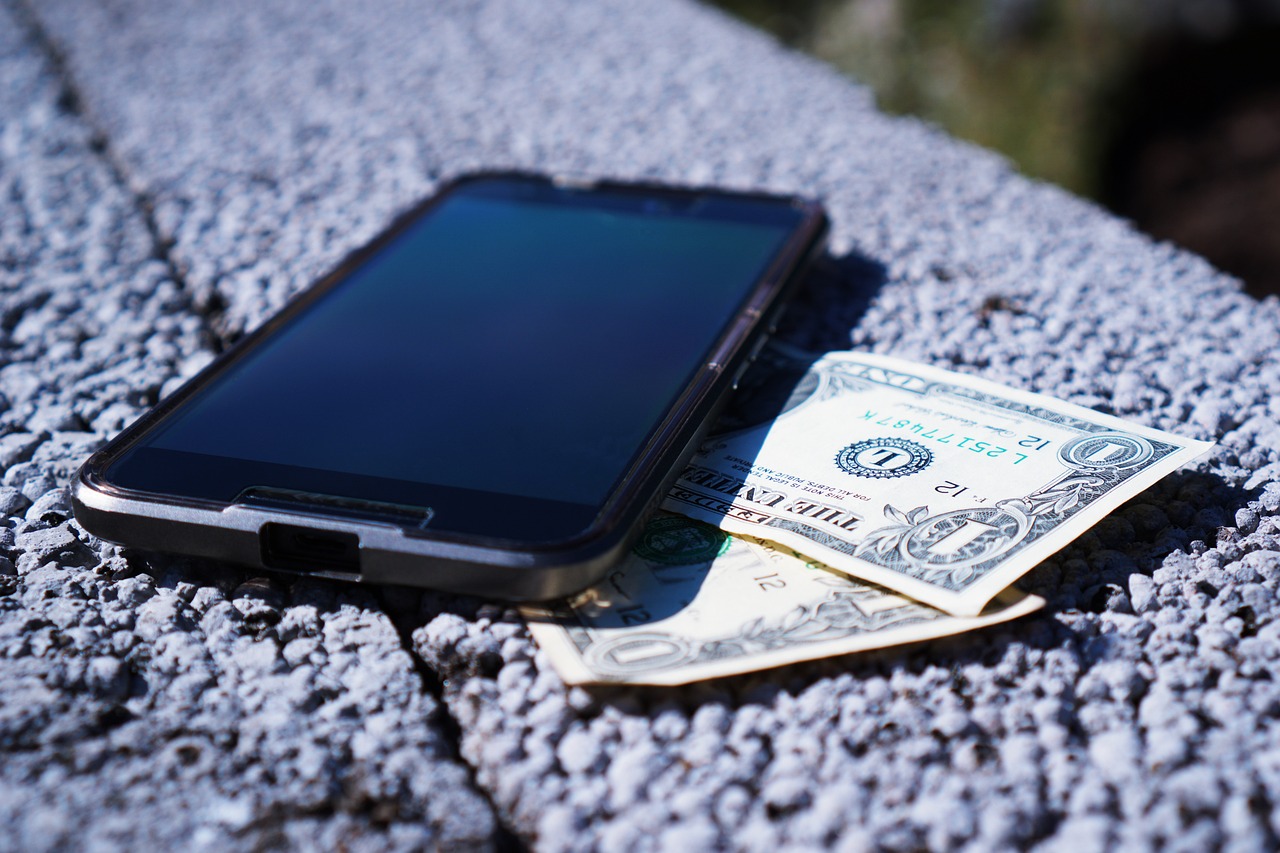Mastering Money Transfers: Using Credit Cards to Send Funds to Yourself Internationally
GPT_Global - 2025-05-27 18:30:10.0 245
Are there any international transaction fees when sending money to myself overseas with a credit card?
Sending money overseas using a credit card can be convenient, but it's important to be aware of potential international transaction fees that may apply. When transferring funds to yourself in another country, credit card issuers often charge a foreign transaction fee, which is typically around 3% of the amount being sent. This fee is used to cover the costs of currency conversion and processing the international transaction. To avoid or minimize these fees, consider using a credit card that does not charge foreign transaction fees, or explore alternative methods of sending money internationally, such as online money transfer services or bank wire transfers. These options may offer more competitive exchange rates and lower fees, making them a cost-effective choice for transferring funds overseas. It's also advisable to check with your credit card issuer about any additional fees or charges before making an international transaction. Being informed about the costs associated with sending money overseas can help you make more financially sound decisions and save money in the long run.
How do I dispute unauthorized charges if I accidentally use the wrong credit card for self-transfer?
If you accidentally use the wrong credit card for a self-transfer and see unauthorized charges, it's important to act quickly to resolve the issue. The first step is to contact the remittance company immediately to report the mistake and request a reversal of the transaction. Explain the situation clearly and provide any necessary information, such as the transaction date, amount, and the last four digits of the card used. Next, reach out to your credit card issuer to dispute the charges. Most credit card companies have a dedicated fraud department that handles such disputes. You'll need to provide them with details of the transaction and any correspondence with the remittance company. It's also advisable to follow up in writing and keep records of all communications. To prevent similar mishaps in the future, double-check the payment details before confirming a self-transfer. Consider setting up alerts on your credit card account to receive real-time notifications of any transactions. By taking these proactive steps, you can better safeguard yourself against unauthorized charges and ensure a smooth remittance experience.What security measures should I consider when sending money to myself via credit card?
When sending money to yourself via credit card, it's crucial to consider security measures to ensure a smooth and safe transaction. Fraudulent activities can occur if adequate precautions are not taken, leading to financial losses and compromised personal information.
Firstly, always use secure and reputable remittance platforms that employ encryption technology to protect your data during the transaction. Additionally, make sure to enable two-factor authentication on your account for an added layer of security. This requires an extra verification step, such as a code sent to your mobile device, to authorize the transaction.
It is also important to monitor your credit card statements regularly for any unauthorized transactions. If you notice any suspicious activity, immediately report it to your credit card issuer to prevent further misuse. Furthermore, avoid using public Wi-Fi networks when making transactions, as they can be vulnerable to cyberattacks.
Taking these security measures will help safeguard your funds and personal information when sending money to yourself via credit card. Always stay vigilant and proactive in protecting your financial assets.
Can I link my credit card directly to my personal savings account for easy transfers?
Many people wonder if it's possible to link their credit card directly to their personal savings account for easy remittance transfers. The answer is, yes! By linking your credit card to your savings account, you can significantly streamline the process of transferring funds, making it more convenient and efficient to send money internationally or domestically. However, before setting up a link between your credit card and savings account, it's important to be aware of any potential fees or charges associated with these transfers. Some banks may impose transaction fees or charge higher interest rates for cash advances made from credit cards. It's essential to consult your bank or the financial institution that issued your credit card to understand the terms and conditions associated. The ability to link your credit card to your savings account offers flexibility and ease in managing your finances, especially when handling remittances. Whether sending money to loved ones abroad or making regular transfers domestically, linking your accounts can save time and reduce the hassle. Make sure to leverage this convenient method while staying informed about any applicable fees to maximize your benefits and ensure cost-effective remittance transactions.How do exchange rates affect money transfers to myself if using a credit card internationally?
When using a credit card internationally for money transfers, exchange rates play a critical role in determining the value of the transferred amount. Exchange rates fluctuate constantly due to factors like economic stability, interest rates, and geopolitical events. As a result, the rate at which your home currency converts to the foreign currency can significantly impact the final amount received.
For remittance businesses, understanding these exchange rate dynamics is key to providing cost-effective solutions for customers. A favorable exchange rate can mean more money in the recipient's pocket, making it essential to monitor rates and choose the right time for transactions. Additionally, some credit cards charge foreign transaction fees, which can further affect the overall cost of international money transfers.
To minimize costs and maximize the value of remittance, consider using specialized services that offer competitive exchange rates and low fees. Staying informed about currency market trends and leveraging tools like rate alerts can also help individuals and businesses make smarter decisions when transferring money internationally via credit card.
What are the tax implications of regularly transferring money to myself using a credit card?
When regularly transferring money to yourself using a credit card, it is important to understand the potential tax implications that may arise. Credit card transfers are often processed as cash advances which can come with fees and higher interest rates. It is essential to be aware of those financial charges, but equally important is understanding how these transactions could impact your taxes.
Generally, transferring money to yourself doesn't necessarily trigger a tax event. However, if the transaction leads to significant capital gains or other taxable income, then it may need to be reported to the relevant tax authorities. For instance, if you use this method for business purposes or receive any additional rewards or benefits from the credit card company, those might be considered taxable income.
In conclusion, while there are convenience and speed in using a credit card for remittance, one must consider all possible fees and tax implications. Consulting with a tax professional is advisable to ensure compliance with local tax regulations and to avoid any unexpected tax liabilities.
Can I use multiple credit cards to send money to myself?
Using multiple credit cards to send money to oneself is possible, but it comes with certain considerations and limitations. Many remittance services allow individuals to use various credit cards for transferring funds. However, doing so might attract extra fees or surcharges, as the transaction could be categorized as a cash advance by the credit card issuer. Furthermore, utilizing multiple credit cards for personal fund transfers could impact one's credit score. Excessive transactions can raise red flags with both the card issuer and the remittance service provider, potentially leading to frozen accounts or declined transactions. It's crucial to check terms and conditions of both the remittance service and the credit card company before proceeding. In conclusion, while sending money to yourself using multiple credit cards is technically feasible, it requires careful consideration. Weigh the costs, potential impact on your credit score, and compliance with service providers' policies before engaging in such financial activities. This ensures a smooth and hassle-free experience when managing personal funds through remittance platforms.
About Panda Remit
Panda Remit is committed to providing global users with more convenient, safe, reliable, and affordable online cross-border remittance services。
International remittance services from more than 30 countries/regions around the world are now available: including Japan, Hong Kong, Europe, the United States, Australia, and other markets, and are recognized and trusted by millions of users around the world.
Visit Panda Remit Official Website or Download PandaRemit App, to learn more about remittance info.


